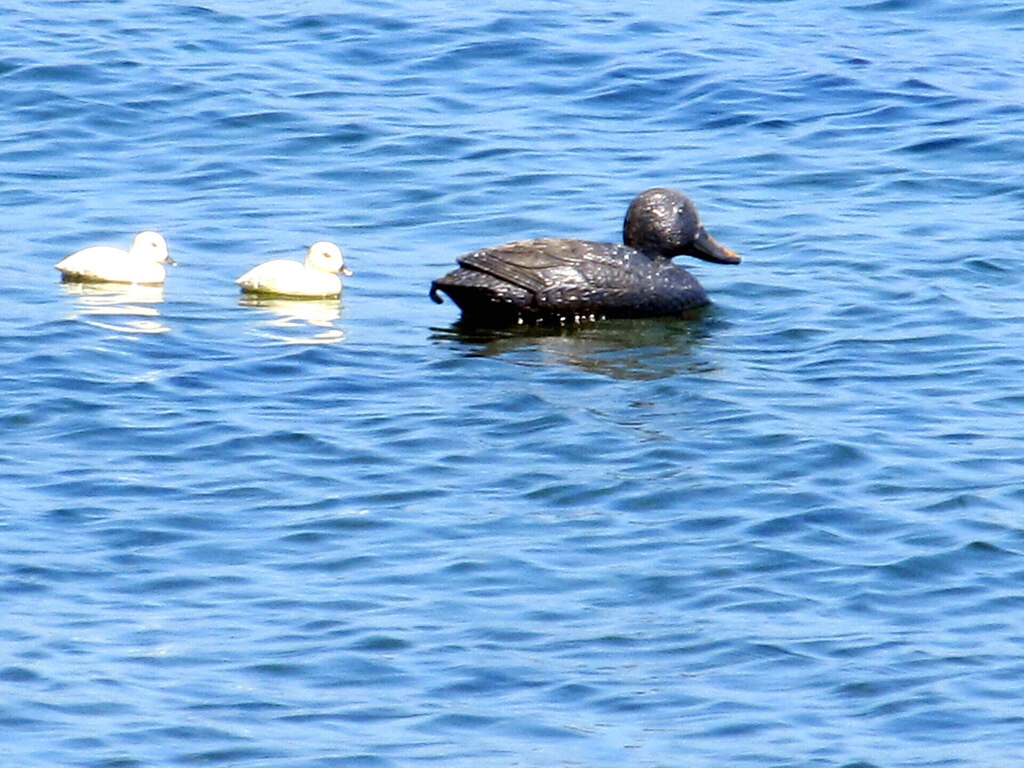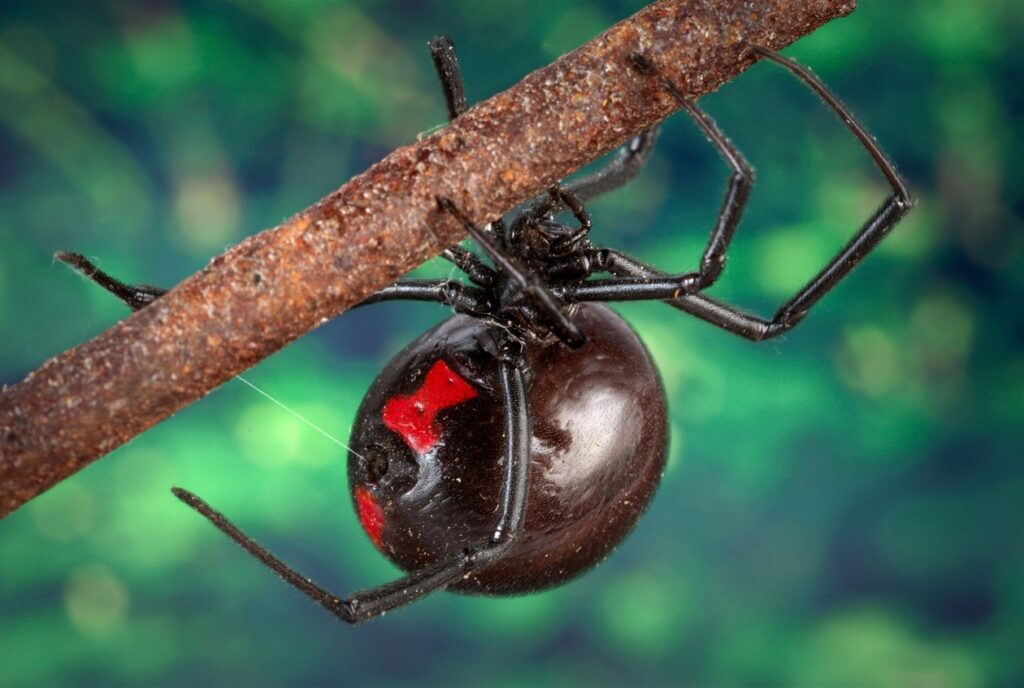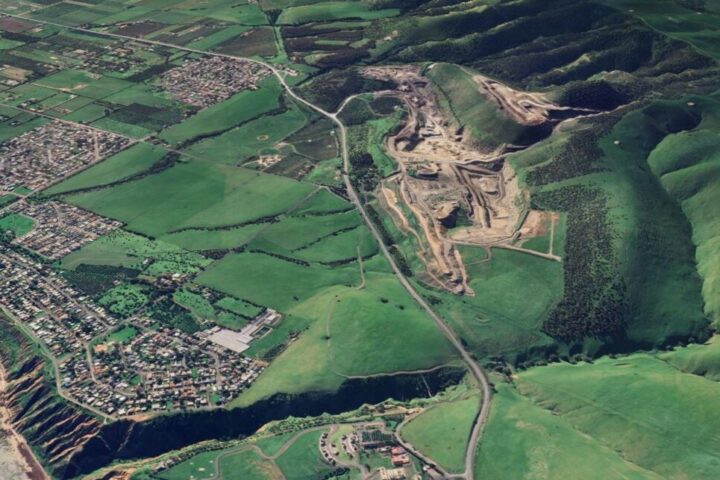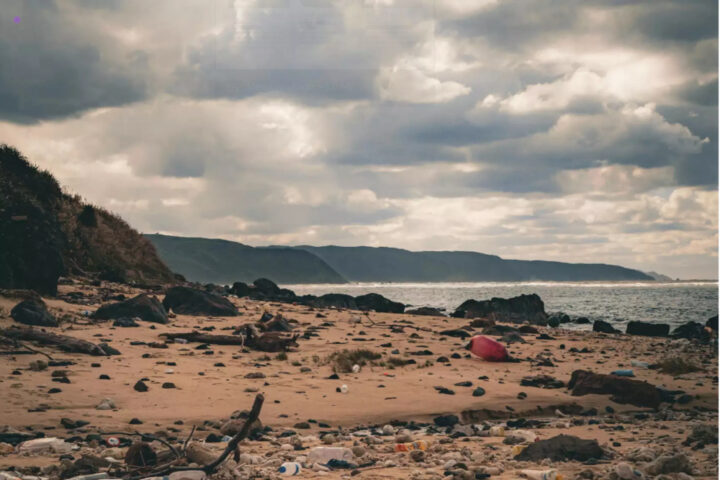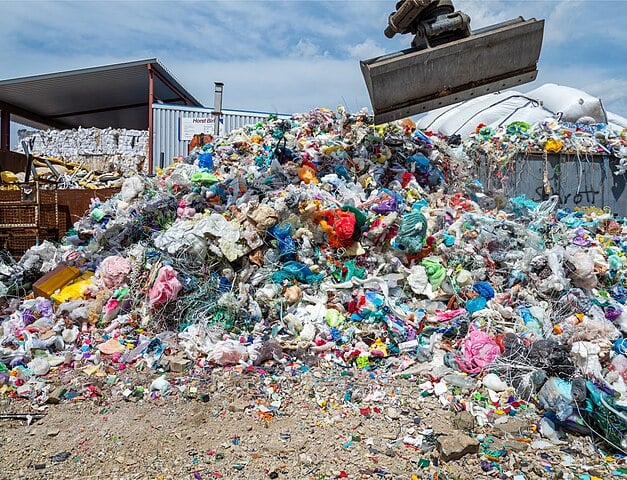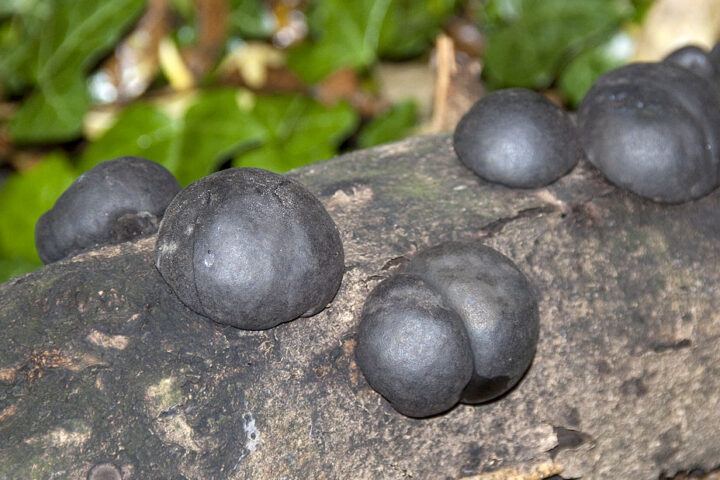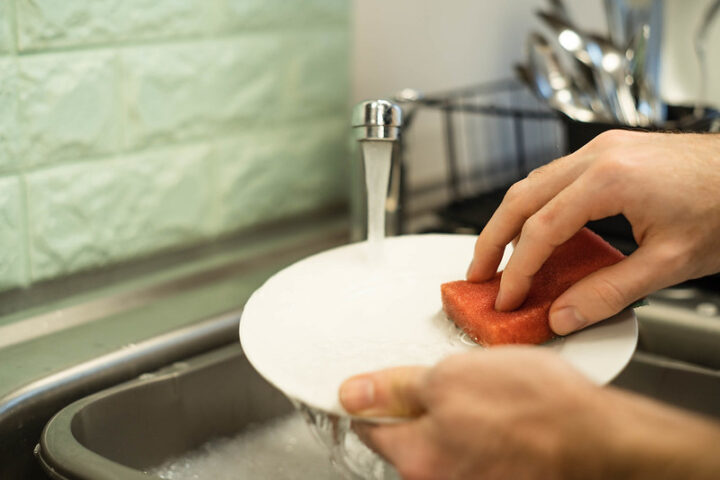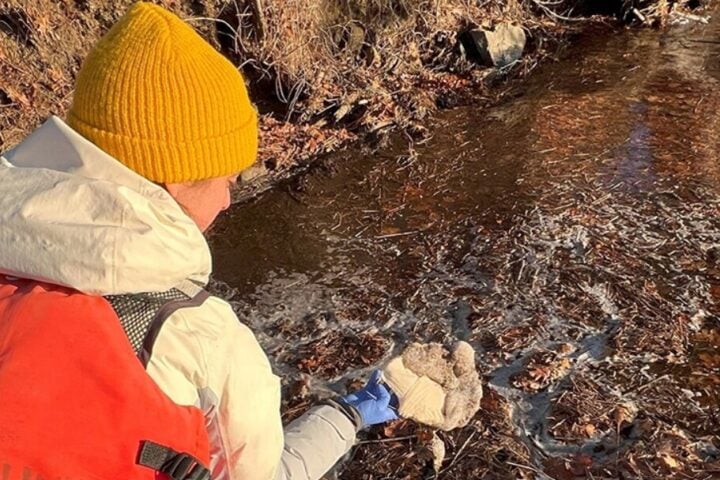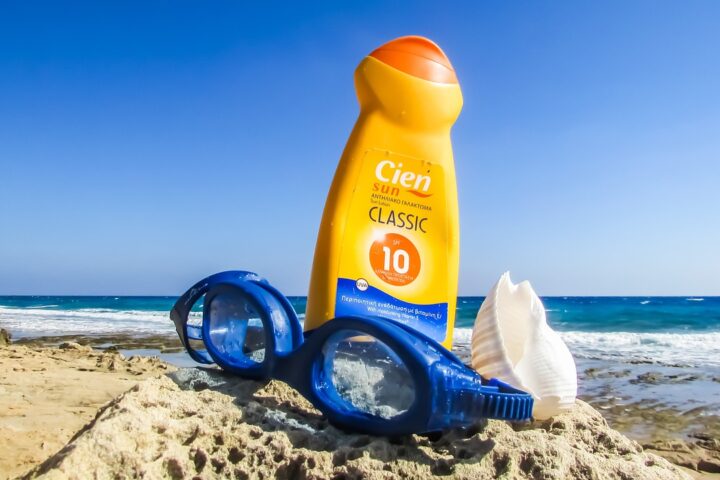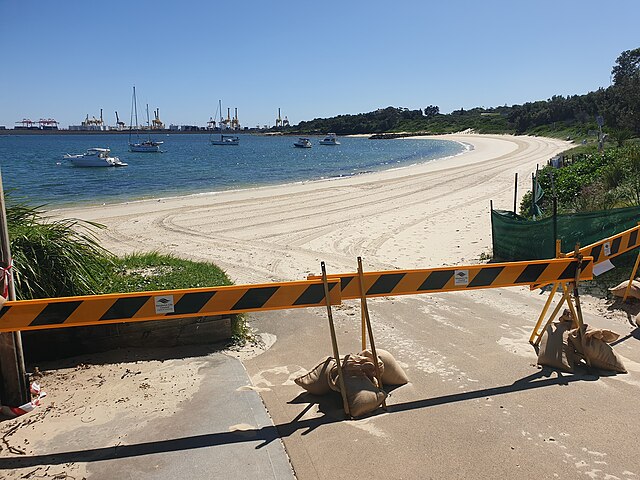Canadian scientists have developed a smart organic material called CNF-SP aerogel that can absorb or repel spilled oil. This material can be used as a sponge to quickly clean up marine oil spills before they reach the shore and mix with or poison sand, vegetation, and wildlife. The CNF-SP aerogel combines a biodegradable cellulose-based material with a substance called spiropyran, which is sensitive to light and has a unique “switchable” property, allowing the aerogel to switch from being oil-absorbent to oil-repellent.
Dr. Baiyu Helen Zhang, professor and Canada Research Chair at Memorial University of Newfoundland, explains, “Once spiropyran has been added to the aerogel, after each usage we just switch the light condition. We used the aerogel as an oil sorbent under visible light. After oil adsorption, we switched the light condition to UV light. This switch helped the sponge to release the oil.”
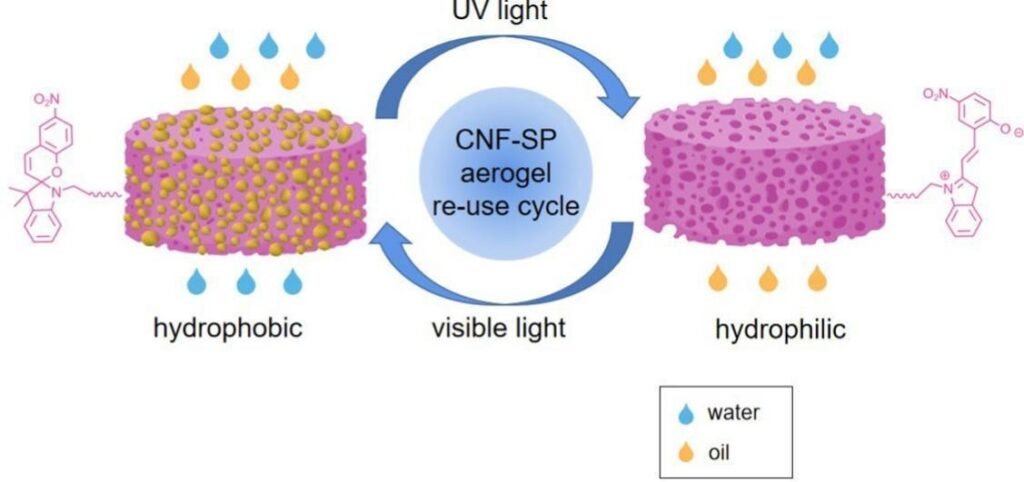
Dr. Xiujuan Chen, an associate professor at the University of Texas at Arlington, adds that the material continues to absorb and release oil even when the water temperature drops. “We found that when we tested the oil sorbent’s performance under different kinds of environmental conditions, it had a very good performance in a cold environment. This is quite useful for cold winter seasons, particularly for Canada,” explained Dr. Xiujuan Chen.
Similar Posts
Part of the research was conducted at the Canadian Light Source, a national research facility that houses one of the world’s most sophisticated synchrotron microscopes. Researchers used the Mid-IR beamline at the CLS to examine the characteristics of the aerogel before and after exposure to visible and ultraviolet light. They were able to ensure that the CNF-SP aerogel was highly effective at low temperatures, which is essential in the event of an oil spill in Canadian territorial waters.
The findings are published in the journal *Science of The Total Environment*. Dr. Zhang mentioned, “The CLS has very unique infrastructure that supports students and researchers like us to conduct many kinds of very exciting research and to contribute to scientific knowledge and engineering applications” The team aims to expand their research with large-scale pilot studies and field tests.
This innovative approach represents a significant advancement in the fight against marine and coastal environmental damage caused by oil spills.
